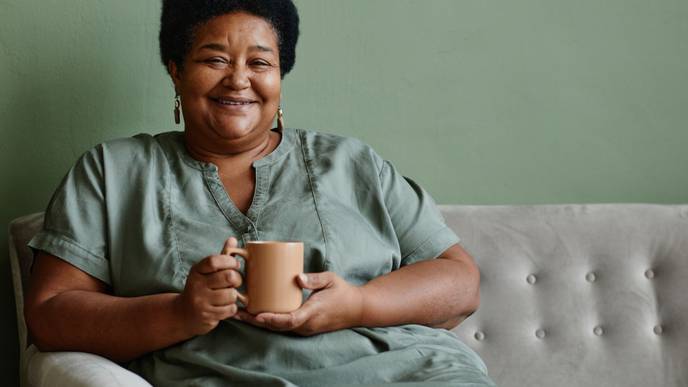Is It Bad to Drink Coffee on an Empty Stomach?

01/18/2023
Outside of the gut, the caffeine from coffee is well known to increase heart rate and blood pressure. And if you drink it too close to bedtime, it can disrupt your sleep. But these changes are temporary, Dr. Cryer said.
Will increased stomach acid cause any issues?
Drinking coffee on an empty stomach is unlikely to cause any damage to your stomach, but it could theoretically provoke heartburn, Dr. Barrett said.
We know that coffee sets off stomach acid production, but if you have food in your stomach, or if you drink your coffee with milk or creamer, that will aid in creating a buffer that helps to neutralize that acid. So drinking coffee, especially if it’s black, without a meal can reduce the stomach’s pH more than it would if you drank it with milk or with a meal, Dr. Barrett said.
Although a slightly lower pH is no problem for your stomach lining, it could pose an issue for the lining of your esophagus because it is far more vulnerable to damage from acid. Furthermore, a few studies have shown that coffee can relax and open the sphincter that connects the esophagus to the stomach, which hypothetically could allow acid from the stomach to more easily splash upward into the esophagus and cause unpleasant heartburn symptoms.
But even there, the data is mixed. A 2014 review of 15 studies across Europe, Asia and the United States found no link between coffee consumption and heartburn symptoms, while, in contrast, a 2020 study using data from more than 48,000 female nurses found a higher risk of heartburn symptoms among coffee drinkers.
To understand how coffee might affect the esophagus, scientists also study a condition called Barrett’s esophagus, which occurs when the esophagus is damaged from chronic exposure to stomach acid, such as in people with longstanding acid reflux issues. With this condition, the cells lining the esophagus morph into hardier, stomach-like cells to protect themselves from the acid. These changes can increase the risk of esophageal cancer, especially if you have a family history of the condition or if you smoke. But reassuringly, a 2016 study of veterans in the United States found no similar relationship with coffee consumption. The authors concluded that for Barrett’s esophagus, avoiding coffee would probably not be helpful.
So what should I do?
Practically speaking, as a gastroenterologist, I usually tell my patients to take note of their symptoms. If they consistently notice a burning pain in their chest or a sour taste in their mouth after drinking coffee, they may want to cut down — or consider an antacid. Adding a splash of milk or cream or a small bite of food with your morning cup can also help. But if you aren’t noticing any symptoms, you’re probably someone who doesn’t experience significant reflux after coffee and can keep drinking it in peace.

Facebook Comments